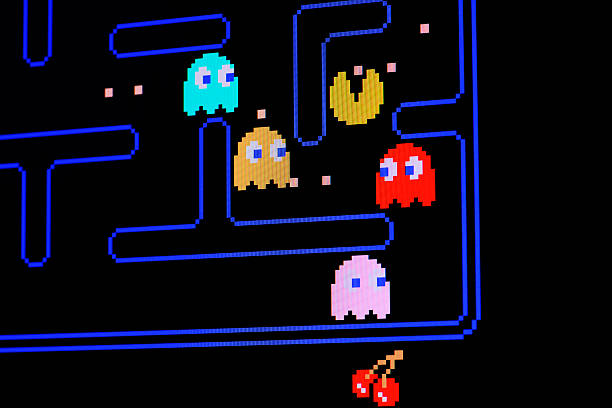
When we think of classic retro games, we often remember the hours spent in front of our beloved consoles, but we rarely consider the fascinating stories behind their creation. Every pixel, every soundtrack, and every gameplay mechanic was carefully crafted by passionate developers. Behind the scenes of every iconic title like Super Mario Bros., The Legend of Zelda, and Pac-Man, there are untold stories of innovation, setbacks, and breakthroughs that led to the creation of the games we cherish today.

The journey of many retro games began in humble garages and small offices, where visionary developers worked tirelessly with limited resources. For instance, Super Mario Bros., one of the most recognizable titles in gaming history, was created by Shigeru Miyamoto and a small team at Nintendo. At the time, the idea of creating a game with a non-human character, like Mario, was revolutionary. The story of Mario’s creation is one of overcoming hardware limitations and changing the course of video game design forever. What we often forget is that Mario started as a simple 8-bit character with a few basic movements, yet the charm and relatability of this plumber became a cultural phenomenon.
Moreover, many retro games were developed under extreme time constraints and tight budgets, pushing the developers to find creative solutions. Take Tetris, for example—its initial creation by Alexey Pajitnov was born from his desire to create a simple yet compelling puzzle game. The game’s success came despite the fact that Pajitnov was working on a basic, rudimentary computer system, without any official funding or marketing support. The success of Tetris came not from high-tech graphics or complex mechanics but from its addictive and simple gameplay loop, which was ahead of its time.
While we often admire the developers behind retro games, it’s also important to acknowledge the team effort that went into creating these titles. The art, music, and sound design were integral parts of the game’s success. The legendary Zelda theme composed by Koji Kondo, for example, helped cement The Legend of Zelda as not only a game but a memorable experience. These elements often go unnoticed in the wake of technological advancements, but the work of these unsung heroes deserves recognition. Without them, the games we love wouldn't have captured our hearts in the same way.
Interestingly, many of the games that we now consider "classics" were met with skepticism during development. Donkey Kong, for example, was initially dismissed by some within Nintendo as being too complex for its audience. Its unusual gameplay mechanics, which were far removed from traditional arcade games, were seen as a gamble. But it turned out to be a bold decision that revolutionized the platformer genre. These moments of doubt, followed by breakthrough success, are key to understanding why retro games hold such a special place in the hearts of gamers worldwide.
As the retro game industry matures and more titles find their way into the public eye through remakes, collections, and emulation, the untold stories behind these classics become even more important. With the rise of platforms that celebrate gaming history, there’s an increasing effort to shine a light on the developers, challenges, and innovations that made these retro games possible. The narratives surrounding the creation of these games remind us of the creativity and perseverance involved in making something timeless.